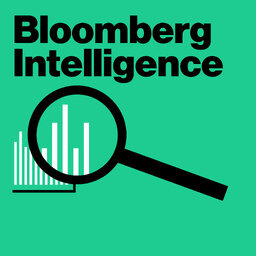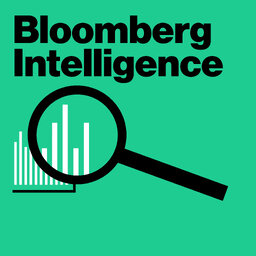Markets, Geopolitics, And Chips (Podcast)
Megan Horneman, Chief Investment Officer at Verdence Capital Advisors, discusses the economy, markets, and inflation. Mick Mulroy, co-founder of the Lobo Institute and Former Deputy Assistant Secretary of Defense for the Middle East serving under James Mattis as well as a retired CIA officer and US Marine, discusses Nancy Pelosi's trip to Taiwan and the US strike in Afghanistan that killed an Al-Qaeda leader. Sri Natarajan, Senior Reporter with Bloomberg News, discusses his Big Take story on Goldman Sachs allegedly trying to tarnish two former employees’ reputations. Rhett Buttle, Founder and Principal at Public Private Strategies, joins the show to discuss the CHIPS act and the Biden administration’s challenges and strategies in 2022. Nick Stadtmiller, Director: Emerging Markets at Medley Global Advisors, discusses EMEA and emerging markets. Hosted by Paul Sweeney and Matt Miller.
 Bloomberg Intelligence
Bloomberg Intelligence


